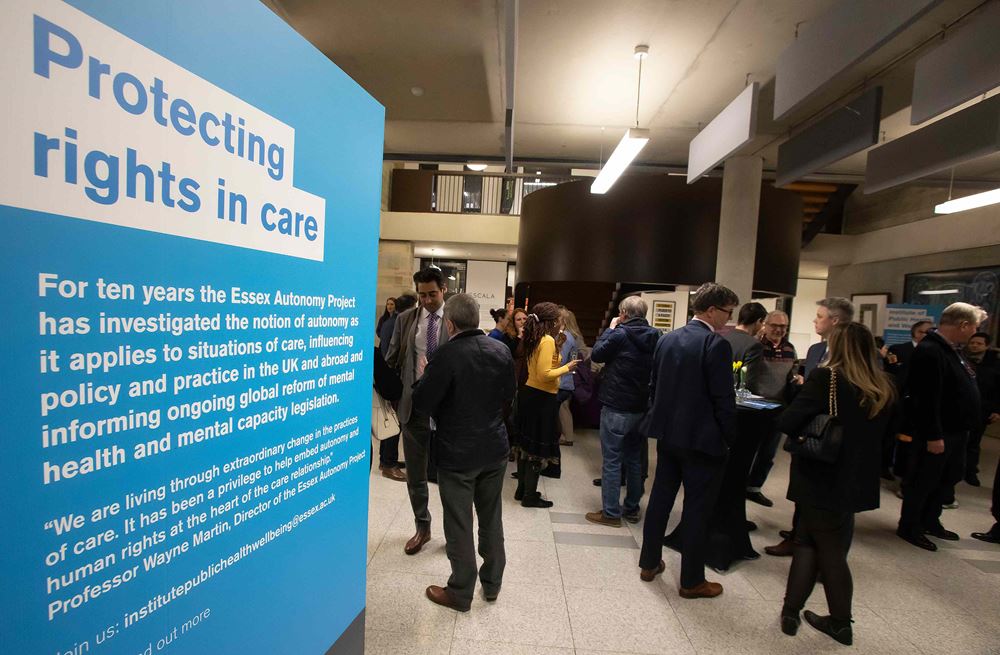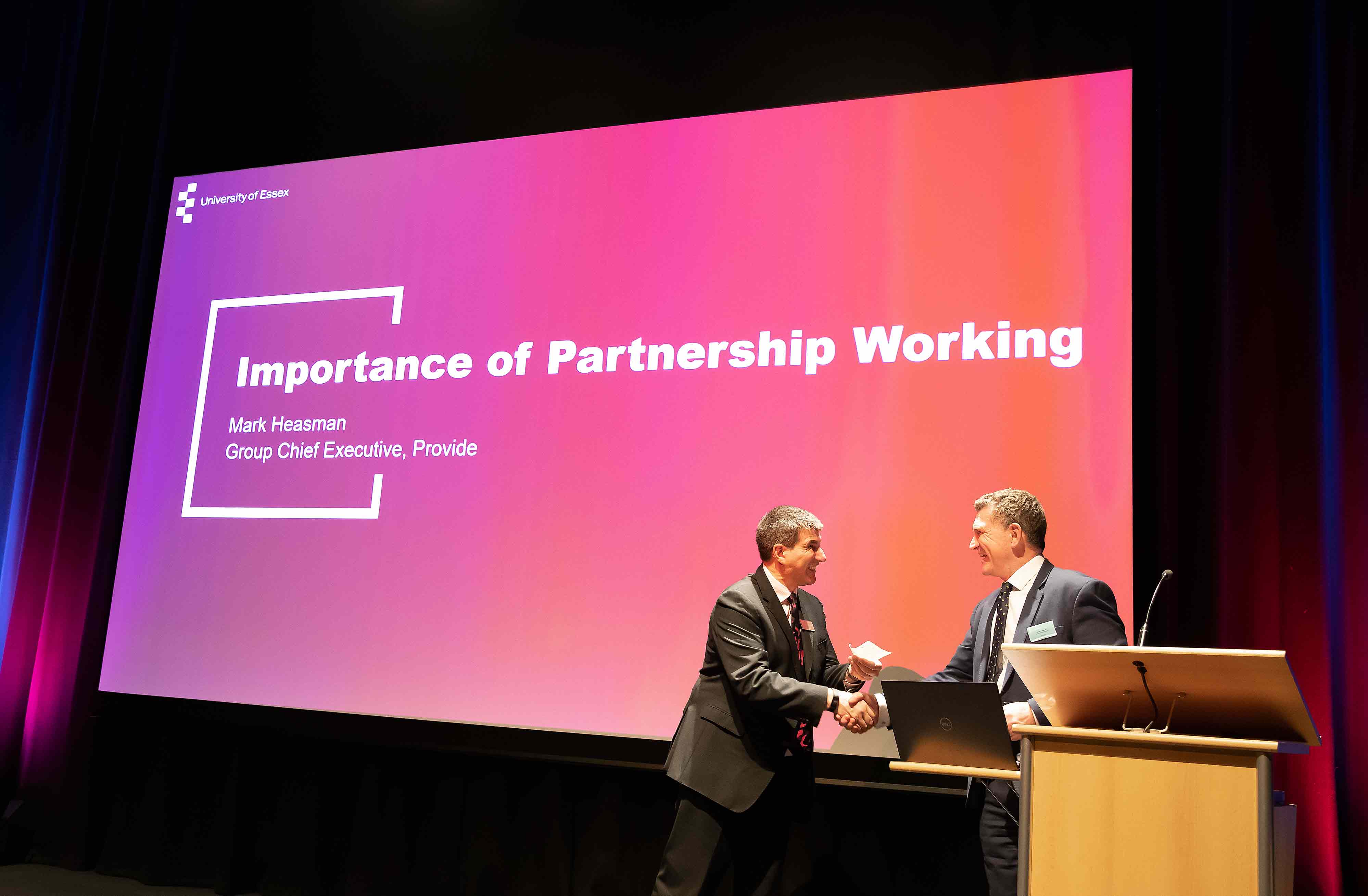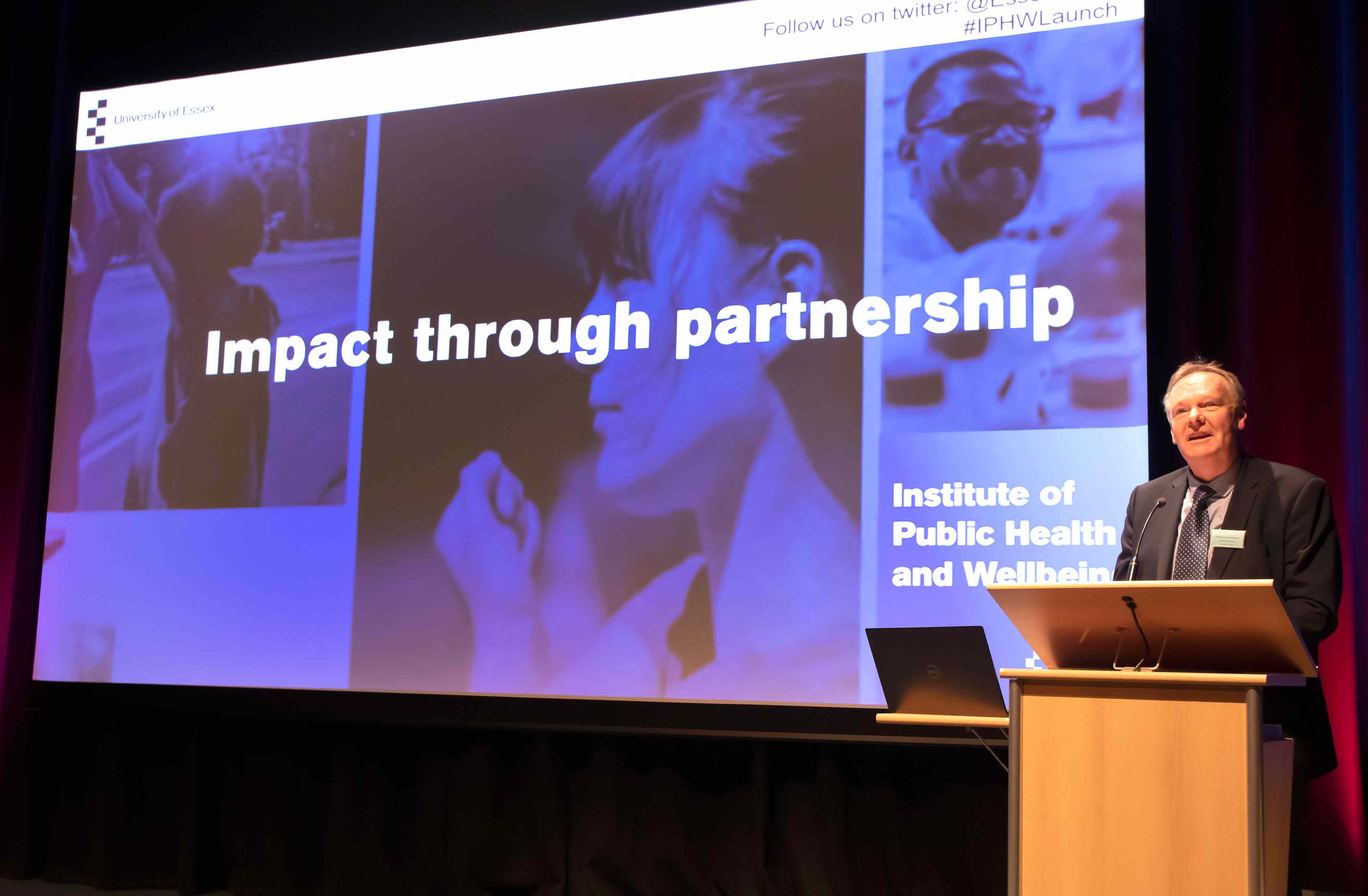Enabling cross-departmental research: The 'sandpit' model

Our Institute of Public Health and Wellbeing (IPHW) recently supported a 'research sandpit' to bring together academics from across the University, to discuss interdisciplinary research projects on mental health-related topics. No buckets and spades were required, but researchers did need to bring an open mind and bundles of enthusiasm!
Organised in collaboration with the REO Research Development and Impact Team and the Pro-Vice Chancellor for Research, Professor Chris Greer, this intensive research sandpit provided the opportunity for researchers from a range of departments to discuss and develop interdisciplinary research proposals on strategic priority themes around promoting mental health: data, technology, interventions, and policies.
The evolution of ideas
We wanted to bring together teams of researchers to develop innovative interdisciplinary projects, which could over time be turned into major interdisciplinary grant applications.
Participants had the chance to 'pitch' (in true Dragon’s Den style - but hopefully with a less strict panel!) for up to £20,000, to support the development of their projects and grant applications – vital funding that could support stakeholder engagement, a research assistant, or other exploratory work. Our 'Dragons' were in fact Professors Chris Greer, John Preston, Edd Codling, Susan Oliver and Chiara di Cesare.
The two-day sandpit started out with discussions on a broad range of ideas where a variety of general themes emerged around technologies for enabling caregiving in a mental health context, improving mental health diagnoses, terminology and definitions of mental health, vulnerable and marginalised groups, young people and identity, and creating more personalised mental health interventions.
Thanks to input from departments from all three of our faculties some fascinating and detailed discussions were initiated.
The pitches
Further discussion narrowed the themes some more, four possible projects emerged and before we knew it, interdisciplinary project teams had developed three distinct pitches on:
- Developing new methods for ensuring the lived experience of young people (of secondary school age) is captured when categorising and predicting mental health problems to co-create more personalised mental health interventions.
- Developing a pilot study and cohort studies to chart the development of emotional health in early adulthood.
- Investigating how dislocated communities such as refugees make use of digital technologies to promote resilience and create and maintain connections.
Facing the judges
The panel asked challenging questions to ensure the projects were original and realistic, while remaining ambitious. They judged each pitch on the basis of: feasibility to deliver within the timeframe, scope for developing into a larger funding opportunity, novelty of the proposed research, and the interdisciplinary nature of the proposal.
All three teams successfully secured some of the available funding, to kick-start their innovative projects.
The value of the sandpit approach
The sandpit format was an excellent opportunity to bring together colleagues from different departments, but with related interests. Taking people out of their offices and out of silos provided time and space to think about and discuss new ideas. Experiencing and appreciating different perspectives was a really valuable learning exercise.
Feedback from those who took part was really positive. One group commented that “it was an enjoyable and productive two days and certainly made me reflect on how, when working together, different academic fields can bring a helpful new perspectives to a problem.”
What’s next?
For the ideas that evolved and the resulting projects, this sandpit provided the impetus required to bring those colleagues together from different departments and an environment for brainstorming ideas and pulling together research teams. Throughout, colleagues were encouraged to bear in mind the 'bigger picture', both in terms of the long term destination of larger related projects in the future, and in terms of impact.
It was fantastic to see how ideas were converted into concrete proposals, how colleagues from different departments embraced the challenge of thinking ‘outside of the box’ and generate transformative projects. These are the type of synergies we in the IPHW are aiming to support and facilitate to ensure our research in public health and wellbeing is truly innovative and fundamentally interdisciplinary.
The dynamic nature of the sandpit was incredibly effective for fostering interdisciplinary collaboration. Being part of intensive discussions resulting in such knowledge exchange, idea generation, and proposal development was exciting. We would highly recommend this dynamic, research sandpit approach for generating novel research ideas and funding proposals, and for meeting colleagues with similar research interests.
As an Institute, we will follow with interest the funded projects, see how they develop into larger projects, and how their findings translate into real-world impact. We’ll continue to engage with colleagues across the University and with everyone’s help will remain open-minded about approaching the next generation of impactful research.


